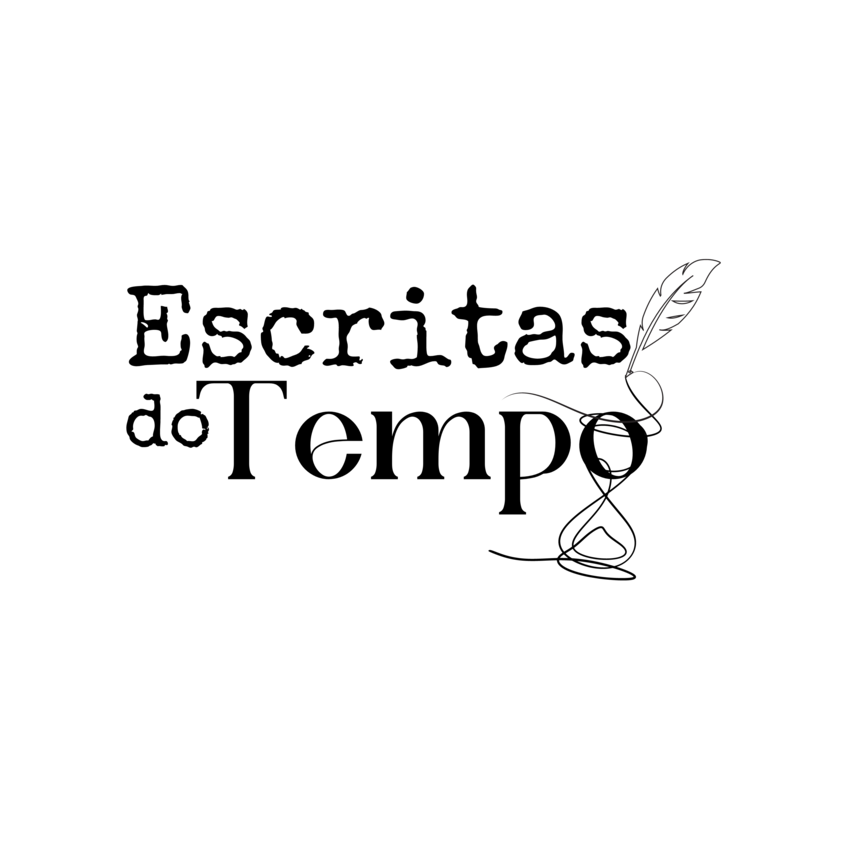
CHAMADAS PARA DOSSIÊS TEMÁTICOS
- 2025
Dossiê: "Circularidades entre Brasil, Portugal e Angola"
Organizadores: Prof. Dr. Angelo Adriano Faria de Assis (UFV / FAPEMIG); Profa. Dra. Roberta Guimarães Franco (UFMG / FAPEMIG); Prof. Dr. Rodrigo Garcia Barbosa (UFLA / FAPEMIG)
Prazo para submissão de textos: 16/06/2025.
Dossiê: "Conflitos e violência no campo e nos biomas: memórias e histórias por escrito"
Organizadores: Prof. Dr. Marcos Montysuma (UFSC)
Prof. Dr. Airton dos Reis Pereira (UEPA)
Prof. Dr. Geovanni Cabral (Unifesspa)
Prazo para submissão de textos: 30/07/2025.
_(2).jpg)

1.png)
.png)
.png)
.jpg)
_(1).jpg)
_(1)_(1).jpg)
2.png)
